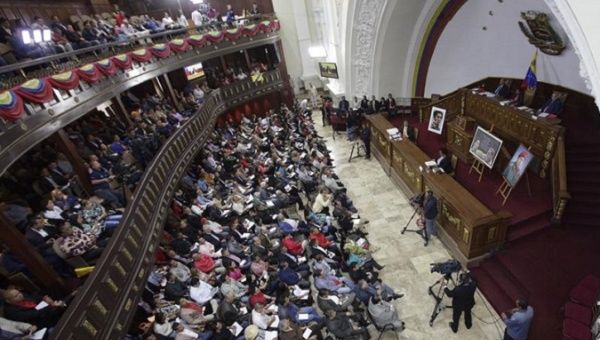Indigenous communities denounce the increasing presence of illegal mining in the Yapacana National Park, which pollutes the Orinoco River with mercury, killing fish and poisoning the water they drink
The indigenous communities located in the vicinity of the Yapacana National Park assure that the increasing mining activity in the area has depleted the streams of fish as a consequence of the use of mercury in illegal mining in their territories. “The Orinoco River, where we get our fish from, is already contaminated,” commented the local indigenous leader Sando Gonzales during a conversation with Ismael Pérez, a shaman of the Huottöja people who also commented that the area previously covered by dense vegetation is now deforested and depleted of wildlife.
The Yapacana Park is located in the southern Venezuelan state of Amazonas, bordering the banks of the Orinoco River to the south and west, and covers an area of almost 800 thousand acres. The area was declared a national park by former president Carlos Andrés Pérez on December 12, 1978, a status that makes illegal mining in the territory a serious criminal offense.
According to reports, mining in the area began around 1980. By 1988, the Venezuelan Institute of National Parks (Inparques) had also reported the existence of nine mines in the park, bordering Yapacana Hill. Mining activity grew notably after 2004, with a major expansion between 2010 and 2012.
To date, between 15 and 20 thousand people have been reported to participate in or influence the growth of illegal mining, both directly and indirectly. However, the exact figure “is difficult to determine,” according to Simeón Rojas. The Venezuelan organization Kapé Kapé assures that the governor of Amazonas, Miguel Rodríguez, recently declared that up to 33,000 people are nowadays engaged in illegal mining or related activities.
On the other hand, satellite images reveal the presence of mining equipment in different areas of the park. The data analyzed by the MAAP project (The Monitoring of the Andean Amazon Project by the NGO Amazon Conservation) revealed the presence of 3,800 pieces of machinery in the park and a further 86 on the tepuy, the unique table-top mountains that have also fallen victim to illegal mining.
Simeón Rojas, a journalist at Kapé Kapé, commented that several people have been detained, including nationals of Colombia and Brazil; However, he assures no official information has been provided by Venezuela on any deportation concerning the cases.
The Venezuelan Government has urged all the inhabitants of the area to vacate the territories as soon as possible as the Bolivarian National Armed Forces launches Operation Autana 2023 in an attempt to eradicate illegal mining, recover the affected territories and expel the irregular armed groups.
The Armed Forces go on with Operation Autana
The website of the Bolivarian National Armed Forces announced the destruction of 28 legal mining structures, including the confiscation of 25 engines with their accessories, 14 power plants, 13 pumps with their accessories, cables, hoses, PVC pipes, metal grinders, stones, electric saws and other artifacts used for mining. The operation, which began on December 15, 2022, was deemed “belated” by Simeón Rojas, although necessary for the recovery of the park.
All the information about the operation has been provided by the reports of General Domingo Hernández Lárez, head of the FANB-Ceofanb Strategic Operational Command. For his part, Kapé Kapé has reported resistance by some indigenous communities, without any formal complaints being filed.
Translated by José Rafael Medina




